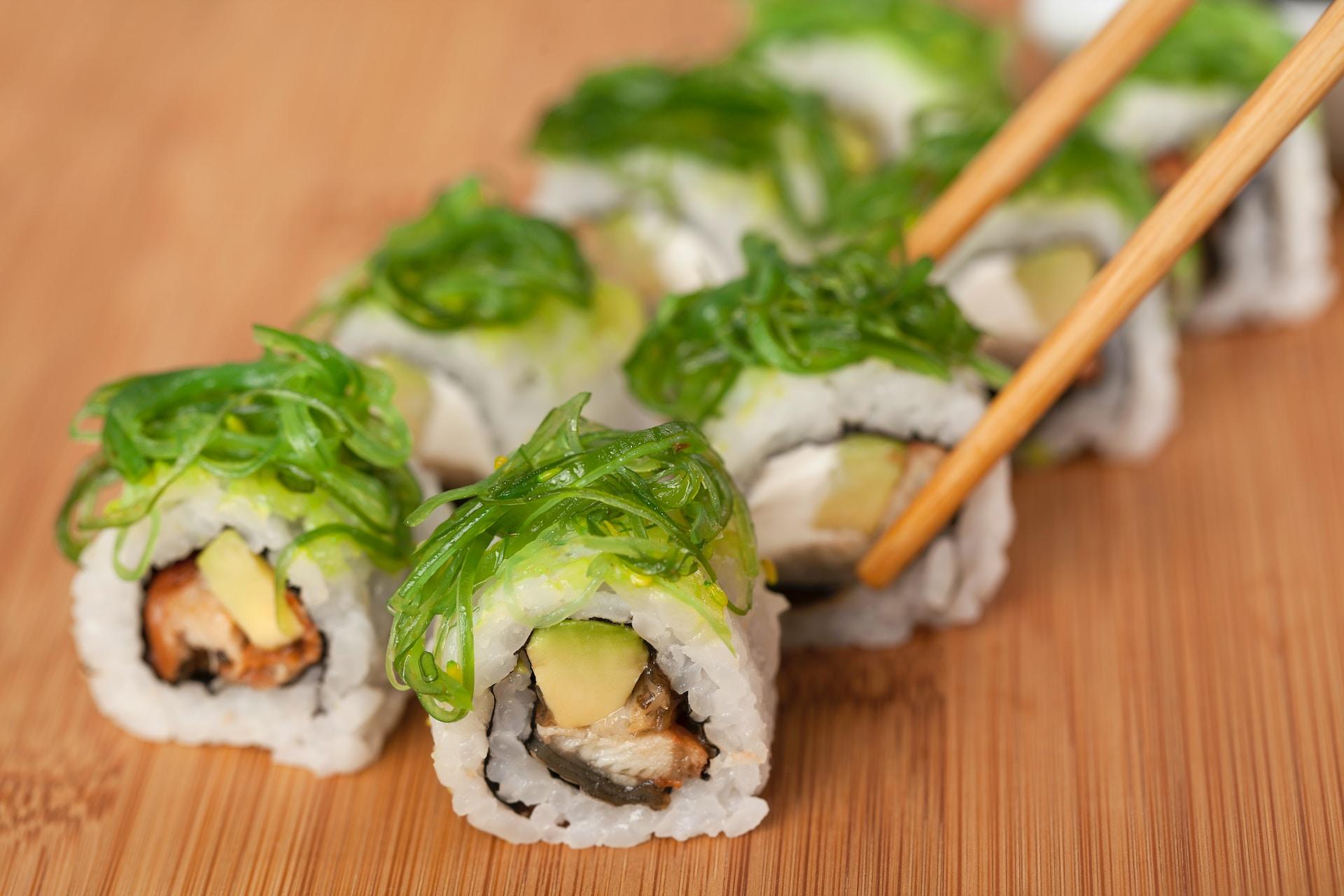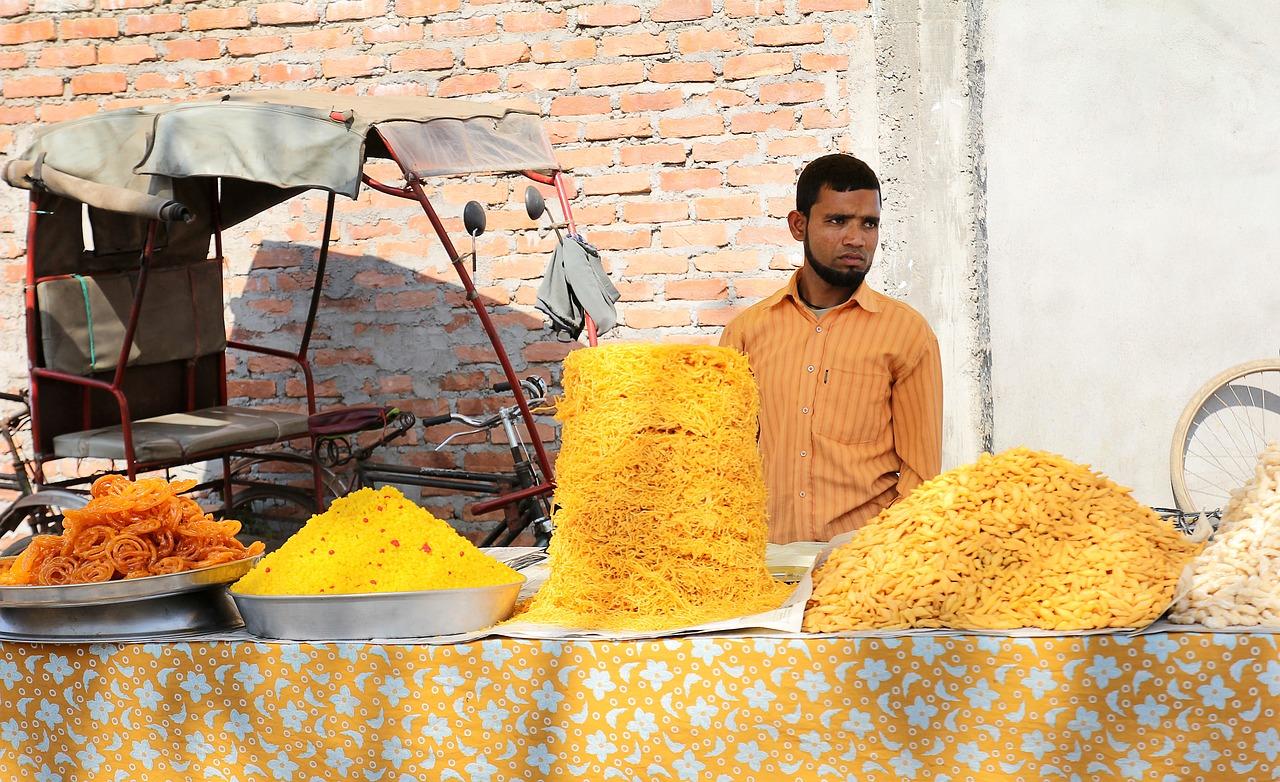The skin is the largest organ of the body. It keeps everything else in the body held in the right place and protected from contaminants of the outside world. It keeps the moisture in and the germs out.
Maintaining and supporting healthy skin is crucial for full-body health! Damaged skin can leave you prone to infections. At the very least, unhealthy skin can leave you feeling uncomfortable physically and even mentally, if you are self-conscious about your appearance.
While many factors that influence the health of the skin may be out of our control (like genetics and the environment), we can still do a lot to help it be as healthy as possible by making sure to eat all the right vitamins and minerals.

How to Support a Healthy Skin Diet
Your overall health depends greatly upon the nourishment you receive. If your diet is lacking in essential elements, there can be numerous effects of deficiency in various parts of the body.
The skin is one of the first indicators of a deficiency. Since you can’t very well see your inner organs, we rely on external indicators to know if something is going on.
When skin is discolored, itchy, inflamed, dry, or otherwise abnormal, it can be a sign that there is a systemic problem in the body. So, when you eat well to keep your skin healthy, it also means you are eating well to keep the whole body healthy!
By making sure you get all the vitamins meant for healthy skin, you’re also guaranteeing that the rest of your body is in better health, too!
Vitamin C
This is the best vitamin for healthy skin. Vitamin C contributes to collagen formation, which will help your skin maintain its elasticity. It also reduces dryness and irritation of the skin by acting as an anti-inflammatory agent. Additionally, vitamin C boosts the production of white blood cells that fight off free radicals, which helps in preventing cancerous cells from forming.
Vitamin K
This vitamin is responsible for the proper clotting of blood. When you have a cut or wound, the body uses Vitamin K to help in the clotting process and stop the bleeding. It also promotes reducing the visibility of scars on the skin.
Vitamin D
This vitamin is best known for its bone health benefits. However, it also has a hand in maintaining skin health. Vitamin D makes the skin able to absorb calcium, which is essential for keeping the skin elastic and preventing wrinkles from forming. It also has anti-inflammatory properties that help to soothe the skin.

Vitamin E
This vitamin is a powerful antioxidant that helps to protect the skin from the harmful effects of the sun’s UV rays. It also keeps the skin hydrated & prevents it from drying out. Additionally, it reduces inflammation and prevents the formation of scars.
Vitamin A
Vitamin A helps the skin heal from injuries, helps regulate the production of sebum (oil) that is vital for skin health, and can help prevent skin cancer caused by UV exposure.
Protein
The basic building block of many different materials in the body, protein is an important ingredient in skin health. The body breaks proteins down into amino acids, which are then used to create many different things within the body, as needed. Amino acids are used to create collagen and keratin, the foundations of healthy skin, nails, and hair, as well as internal structures.
If you're searching for a dietitian in Mumbai, you can find one here on Superprof.
Biotin
Biotin helps the skin stay hydrated, smooth, firm, and resilient.
Omega-3 Fatty Acids
These healthy fats help fight inflammation and keep the skin resilient and thick, rather than fragile and thin. They can help reduce acne, make cuts heal faster, maintain hydration, and even reduce the skin’s sensitivity to UV rays.
Zinc
Zinc helps the outer layer of skin stay strong and resilient, helping to prevent cuts and scrapes. It also helps heal scrapes that do happen. And, it can help prevent UV damage to the skin!
Selenium
A lesser-known mineral, selenium deficiency has been linked to increased risk of skin cancer. So, making sure to have enough selenium in your diet is essential for preventing this skin disease.

The Best Beauty Food for Your Skin
So, how can you be sure to include these key vitamins and minerals into your diet for optimal skin health?
There are a lot of different foods that contain some or all of these nutrients, so as long as you have a varied diet consisting mostly of minimally processed foods, you likely don’t need to worry about being deficient!
But there is one food out there that is tasty and nutritious and contains all the vitamins mentioned on this list…
The Best Food for Skin Health Is: Avocado!
Avocados have high amounts of omega-3 fatty acids, vitamin C, vitamin K, vitamin E, vitamin A, biotin, zinc, and selenium, and can even increase the body’s ability to successfully absorb other nutrients!
As for protein and vitamin D, avocados do contain a small amount of both. But, since protein and vitamin D can be easily found in many other food sources, you don’t need to rely on the avocado alone for them.
The concentration of all these other vitamins in one amazing fruit is like nature’s hair, skin, and nail supplement!
Of course, there are many other foods perfect for supporting your skin’s health as well.
Flax Seeds or Oil/Chia Seeds/Hemp Seeds or Oil/Algae Oil/Seaweed Oil
All of these seed and plant oils contain high amounts of Omega-3 fatty acids (in a few different forms including DPA and DHA).
Flax, chia, and hemp seeds can be easily added to other foods like porridge, curd, rotis, or certain chutneys for a healthy boost.
Sea-vegetable oil usually comes in capsules to swallow easily, but you can also take a cue from East Asian cuisine and incorporate seaweed as a flavorful boost into your meals.
Many people will recommend fish oil rather than these plant sources of oil. The fish simply get their omega-3s from seaweed and algae, so why involve a middle-man in obtaining your nutrition? Also, many fish oil supplements are rancid before they are even purchased, negatively impacting your health without you even knowing.
Green Tea
Green tea is a great antioxidant that reduces inflammation in our bodies. Compounds in green tea called EGCG can reduce the occurrence and severity of acne.
Walnuts
Walnuts are packed with Vitamin E and Vitamin B5 to tighten and brighten the skin.
Olive Oil
Olive oil has numerous health benefits. It maintains blood pressure levels, decreases LDL cholesterol, enhances digestion, keeps diabetes in control, etc., but one of the lesser-known benefits is that it also helps improve your skin condition!
The best way to consume it is through cold-pressed virgin olive oil, which has the most anti-aging properties. Add it to your salads, and pasta dishes, or just eat it plain! These will make your skin moisture-rich and even more resistant to sun damage.
Raw Onion
Onion is an amazing nutrient-rich food ingredient that not only improves our heart health but also has anti-inflammatory properties, which will prove beneficial for people having acne issues on their faces! It contains vitamins A, C, and E as well as quercetin, a plant pigment that can combat free radicals.
Cooking the onion can destroy many of these vitamins (or at least reduce the concentration of them), so opt for raw onions every once in a while.
Broccoli
Broccoli is a powerhouse of nutrients that reduce the effects of aging like wrinkles and dryness. It contains antioxidants that will help protect your skin from free radicals and harmful radiation in the sunlight. Broccoli also has Vitamin C, which is known to brighten up the skin tone and make you look younger!
Sweet Potato
Sweet potatoes are not only beneficial for heart health but also have numerous anti-aging properties. They promote better sleep by increasing melatonin production, which helps restore the skin every night. Sweet potatoes also have a significant amount of Vitamin A for reducing inflammation. Also, it improves bodily collagen production.
Haldi (Turmeric)
Haldi is regularly used as a topical skin product, but eating it also helps keep the skin and body radiant. It contains curcumin which has antioxidant, anti-inflammatory, and antimicrobial effects. Haldi can help reduce signs of aging and help the skin remain in good health while younger.

What Foods to Avoid for Skin Health
Of course, not all foods offer the same nutritional benefits, and some are downright harmful to your health.
You don’t need to cut out processed and unhealthy foods completely (unless you want to!) but be aware that too much can negatively impact the whole body.
We all have comfort foods to turn to when we have had a difficult day or want to feel nostalgic, but relying too heavily on these foods doesn’t do you or your skin any favors. Try to find joy in healthier foods so that you can get that same warm, cozy feeling inside from foods that are better for you!
Processed Food
It’s important to know the difference between unprocessed, processed, and heavily processed foods.
Unprocessed foods are ones that basically exactly resemble the item as it was harvested. Whole spices, fresh fruits, fresh vegetables, unpasteurized eggs, raw nuts, raw meats, unpasteurized milk, fresh legumes, and raw seafood are examples of unprocessed foods. Note that not all unprocessed foods are fit for human consumption!
Processed foods have been changed in some way from their natural state. Bread, curd, pasta, tea, coffee, canned and frozen vegetables and fruits, dried beans, dried rice, dried spices, pasteurized milk and eggs, cooked meats and seafood, cheese, some vegetable oils, pickle, hummus, etc.
Processed foods aren’t necessarily “bad” for you unless they also contain harmful ingredients. “Processed” just means that it isn’t the same as it was when it was growing. For example, a whole coconut is unprocessed, but a desiccated coconut is processed, even though no other ingredients were added and the nutritional value is the same.
Highly processed foods are the ones to watch out for. They have had many additives like preservatives, colors, salt, oils, sugar, and fat added for shelf life, and flavor, and to get consumers addicted. The quality of nutrition from highly processed foods is sub-par, and the added chemicals can be harmful to the body.
The poor nutrition of highly processed foods means you can feel full, but actually be malnourished. Add that to all the harmful additives in the food, and you’ve got a recipe for breakouts, oily skin, weak skin, and other issues.
You can get help building a healthy meal plan with a nutritionist in Bangalore or your city here on Superprof.
"Trans fat may be harmful to skin health by making it more vulnerable to UVR [UV radiation] injury and thus more prone to develop photoaging and skin cancer." - ScienceDirect.com
Bad Fats
There are two major “bad fats” to avoid or limit.
Trans fats are typically found in highly processed foods but can sometimes be present in unexpected places like fried foods and dairy. Trans fats have no nutritional value and no amount of them is considered safe for human consumption. They have even been banned in many countries.
Saturated fats are safe in moderation and are found in many natural sources like coconut, dairy, and meat. Eating some saturated fat here and there isn’t a concern, but having too much too often can damage health.
Bad fats can contribute to heart diseases which also affects the quality of your skin. They can also contribute to weight gain and increased blemishes in the skin. Many foods that contain these bad fats are clearly unhealthy, like greasy pizza and deep-fried foods.
Each person has different dietary needs, and especially if you’re dealing with allergies, a genetic condition, or a disease of the skin, you’ll likely need individualized care.
And, if you want to be able to learn enough about nutrition to advise others, you’ll need to learn from an expert! So consider seeking a nutritionist or dietitian to help teach you about the different facets of nutrition science.
Nutrition is the foundation for bodily health. By making sure you eat well, you can all but guarantee a healthy glow from the inside out.
Summarise with AI:
















